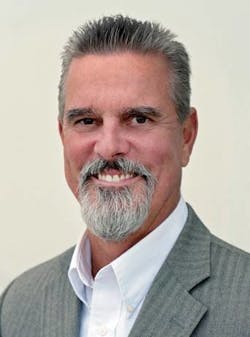Government funding bill without geothermal tax credit for jeopardizes thousands of U.S. jobs
SPRINGFIELD, IL — The Geothermal Exchange Organization (GEO) today expressed extreme disappointment that the House stopgap spending bill to fund the U.S. Government does not include an extension of the Investment Tax Credit for geothermal heat pumps. The expiration of these tax credits, which apply to a range of efficiency technologies, will threaten thousands of U.S. jobs.
“Geothermal heat pump technology is a critical component for meeting energy efficiency and environmental goals in the U.S.,” said Doug Dougherty, President and CEO of GEO. “In addition, the industry supports tens of thousands American workers with well-paid manufacturing and installation jobs. Inaction by Congress has put the once bright future of our industry in grave jeopardy.”
“The expiration of these tax credits impacts both the residential and commercial markets, and is a punch to the gut to businesses and consumers who made energy-efficient investments,” said Dougherty.
In addition, businesses will no longer be able to use bonus depreciation – a method of expensing half of the cost of purchase with the remaining half depreciated over time – for geothermal heat pump technology, and homeowners who install this efficient heating and cooling technology will see a tax increase.
The exclusion of the Investment Tax Credit from the House stopgap spending bill is the latest roadblock for nascent energy-efficiency technologies. Last year, Congress extended energy tax credits for wind and solar technologies that are primarily produced overseas, but left out lower profile options like geothermal heat pumps that are manufactured in the United States.
“Advanced energy technologies are good for the economy, consumers, and the environment. Bolstering all technologies – not just wind and solar – should be a no-brainer,” concluded Dougherty. “As tax reform legislation is considered in early 2017, we hope that Congressional leaders commit to a fair application of the tax code and ensure that the geothermal heat pump industry can compete on a level playing field with other clean, renewable energy technologies.
Thousands of U.S. jobs are depending on it.”

